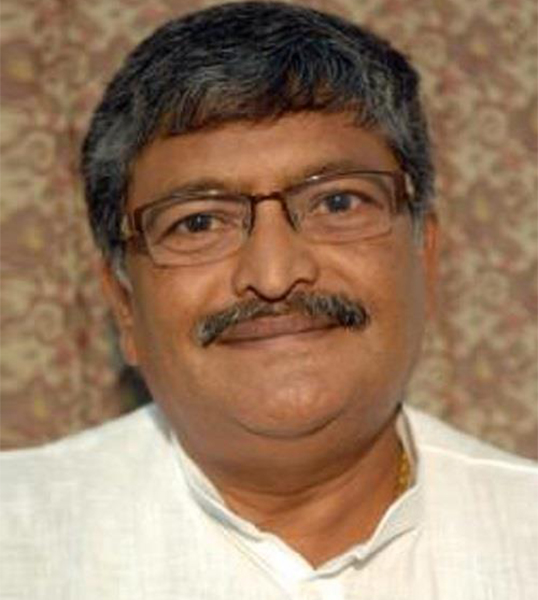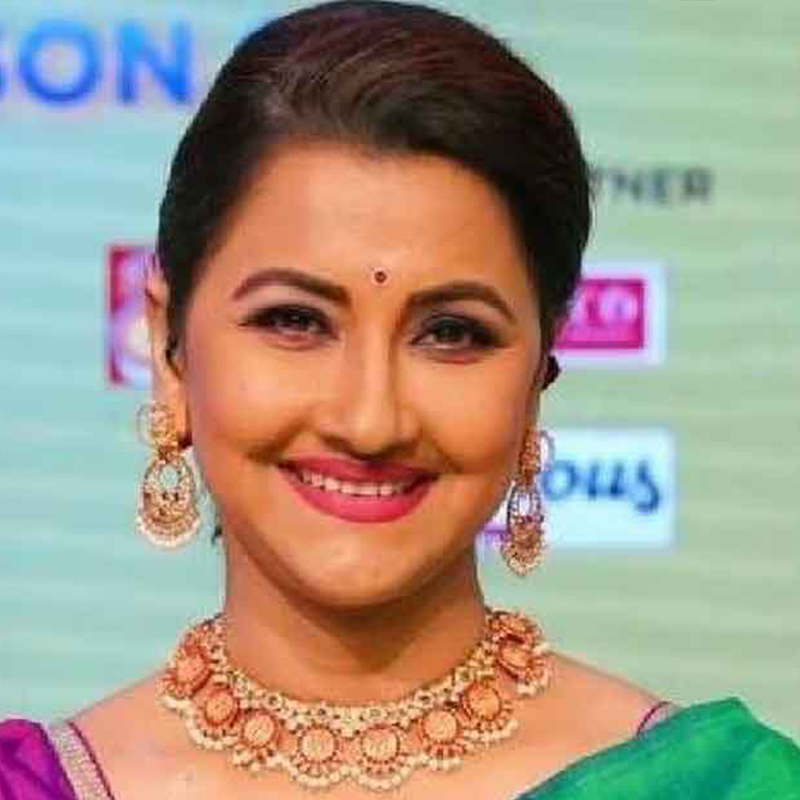About Chunchura
"Chinsurah" redirects here. For other uses, see Chinsurah (disambiguation). This is about a municipality in West Bengal, India. For its namesake district, see Hooghly district.
Hugli-Chuchura (pronounced [ɦuɡli-tʃutʃuɽa]), also known by its former names Chinsurah or Hooghly-Chinsurah, is a city of Hooghly district and the district headquarters of Hooghly division in the Indian state of West Bengal. It is one of the densely populated cities of West Bengal. It lies on the bank of Hooghly River, 35 km north of Kolkata, the state capital. It is located in the district of Hooghly and is home to the district headquarters. Chuchura houses the Commissioner of the Burdwan Range. The District Court building of Chinsurah is the longest building in West Bengal. It is a part of the area covered by Kolkata Metropolitan Development Authority (KMDA).
Hooghly-Chuchura was a municipality formed by the merging of two towns, Hugli and Chinsura, in 1865. The names are spelled in other ways including Hooghly, Hugli, Hughli, Ugulim (in Portuguese), Chinsura, Chunchura, Chuchro and Chinsurah. State Highway 6/ Grand Trunk Road (G.T. Road) passes through the town. Chuchura and Hooghly are historic stations on the Howrah-Bardhaman main line of the Eastern Railway. Ferry services across the Hooghly River serves as a link with the district of North 24 Parganas.
Notable people
- Muhammad Mohsin – Philanthropist
- Sarat Chandra Chattopadhyay – Writer
- Bhudev Mukhopadhyay – Writer and intellectual
- Kalikananda Abadhuta – Novelist
- Bankim Chandra Chattopadhyay – Novelist (wrote the national song of India)
- Bijoy Modak – Freedom Fighter
- Kazi Nuruzzaman – Bangladeshi Army Officer and Freedom fighter
- Titas Sadhu – Cricketer (Under-19 World Cup winner, Asian Games gold medallist)
History
The Portuguese founded the town of Ugulim in 1579, but the district has thousands of years of heritage in the form of the great kingdom of Bhurshut. The city flourished as a trading port and some religious structures were built. One such structure is a Christian church dedicated to a statue of Mary, brought by the Portuguese.
In 1629, political disorder struck the city and the Mughal governor of Bengal expelled the Portuguese. The fleeing Portuguese lost the statue in the river, but local people later found it on the river bank. The arrested Portuguese were taken to Delhi, where a death sentence of trampling by elephants was decreed. When the emperor Shah Jahan heard this he ordered the priests released and granted a piece of land on the bank of the river Hooghly, where the statue of Mary was reestablished. There the Portuguese constructed a church to house the statue, which still receives pilgrims today. The church was renovated in the 1980s and has been declared as a basilica by the authority of Rome
After the Portuguese expulsion, the town was made the royal port of Bengal, and all the public offices and records were established there. In 1640 the East India Company established a factory at Hugli, their first settlement in Lower Bengal
Both Chinsurah and Hooghly played a role in the Bengal renaissance and the Indian independence movement. "Vande Mataram", India's national song, was composed by Bankim Chandra Chattopadhyay at Joraghat in Chinsurah, who had been an alumnus of the Hooghly Collegiate School. Nazrul Islam's revolutionary songs were penned while he was imprisoned by the colonial government in Hooghly Jail (Hooghly District Correctional Home)

Asit Mazumder
Member of Legislative Assembly

Rachana Banerjee
Member of the Lok Sabha